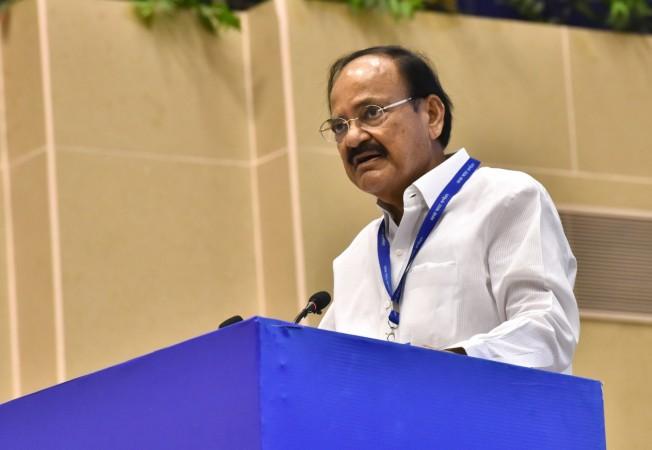
Union Minister for Information and Broadcasting M Venkaiah Naidu has responded to China's move to rename six places in Arunachal Pradesh saying that no foreign country has the right to rename Indian cities.
On Wednesday, China had announced "standardised" official names for six places in Arunachal Pradesh in what seems to be a retaliation of sorts against the 14th Dalai Lama's visit to the state earlier this month. The move points to the hardening of China's stance on the northeastern state, especially Tawang.
Beijing has described the northeastern Indian state as a bone of contention and claims that Arunachal Pradesh is a part of south Tibet. China has also accused the state of maintaining close Buddhist links with the Tibet Autonomous Region (TAR) in the Mainland. The official map of China shows Arunachal Pradesh as part of south Tibet.
"Every inch of Arunachal Pradesh belongs to India ... let them rename. How does it matter? It's like you renaming your neighbour. It does not change his name," Naidu said while responding to Beijing's move.
Naidu's response points towards India's strong stand against China's action, which may have an impact on bilateral relations between the two countries.
On Thursday, Ministry of External Affairs spokesperson Gopal Baglay also reaffirmed that Arunachal Pradesh is an integral part of India. "Renaming or inventing names of states of your neighbour do not make illegal occupation as legal," said Baglay, adding that China has not officially informed India about the standardising of the six places and that the ministry has only seen reports on the matter.
"Standardisation of Chinese names for six places in Arunachal Pradesh is a legitimate action. The Dalai Lama's activities are against Indian government's commitment to China," the Chinese Foreign Ministry had said on Wednesday.
The places were renamed in standard Chinese to "reaffirm the country's territorial sovereignty to the disputed region." The official standardised names of the six places are Wo'gyainling, Mila Ri, Qoidêngarbo Ri, Mainquka, Bümo La and Namkapub Ri, Chinese state media reported.














